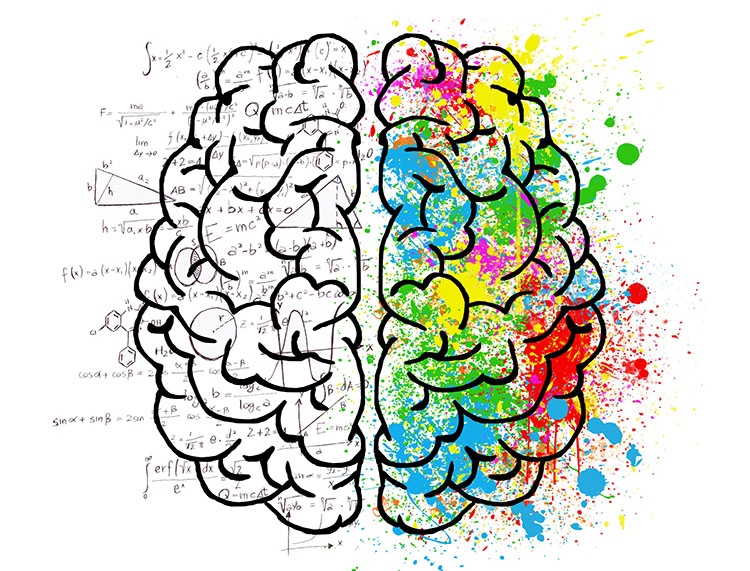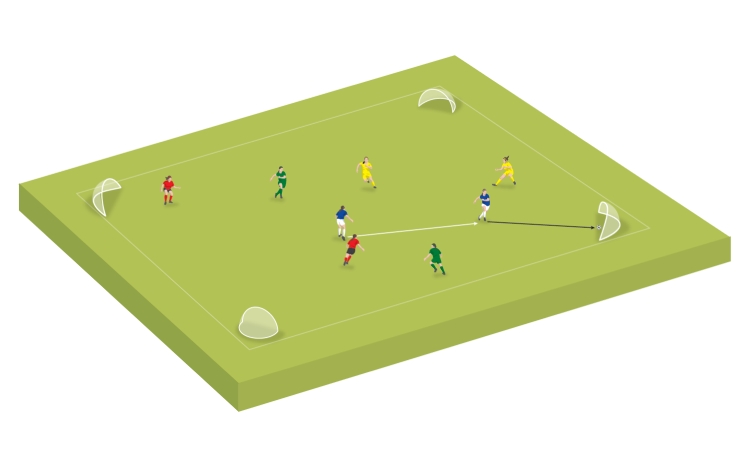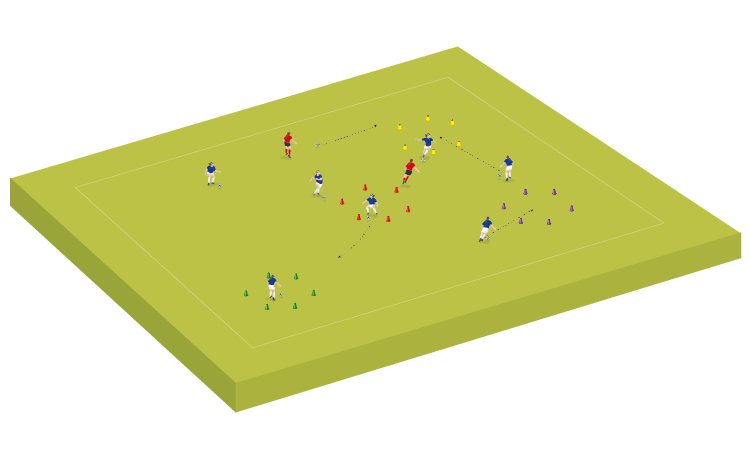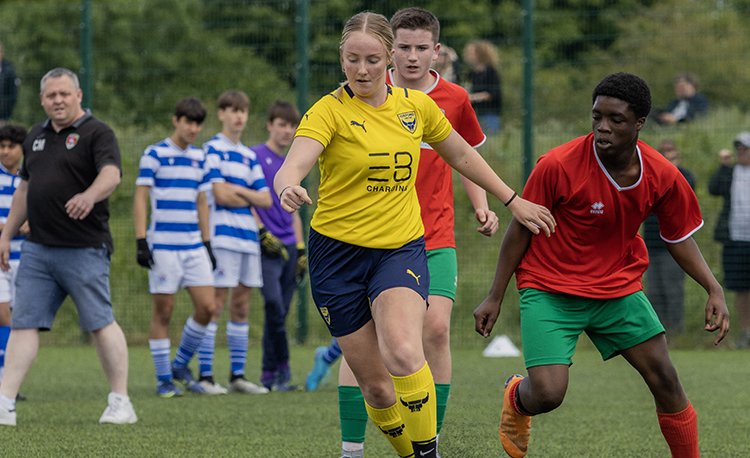You are viewing
1 of your 3 free articles
Lifting the stigma on mental health issues
Wellbeing coach Alex Munns explores the impact depression and anxiety can have on players and how coaches can help to build a supportive environment
When considering potential effects on performance in soccer, psychological factors such as mental health are all too often overlooked.
Common mental disorders such as depression and anxiety, and their symptoms, are likely to decrease performance, impact quality of life and potentially cause an exit from sport.
As negative mental health states may not only decrease performance, but also players’ quality of life, it is paramount coaches have a solid foundation of understanding around mental-health issues in players, to ensure they can give support and guidance to them where required.
Understanding the factors that may place them at higher risk of developing depression and anxiety symptoms could provide opportunities to expand your club’s current wellbeing training and development for players, thereby potentially improving both individual and group mental health.
Depression and anxiety are terms that describe a combination of a broad range of both psychological and physiological symptoms.
Depression can include decreased motivation, impaired concentration, feelings of hopelessness, low energy, loss of appetite and sleep disturbances, while anxiety can consist of a converse symptom profile - worry about the past, present or future, restlessness, impaired concentration, palpitations, sweating, trembling and sleep disturbances.
Naturally, this is not an exhaustive list and there is some crossover between the two disorders which can impede the ability to identify them as one or the other.
This is especially true as life circumstances - such as pre-competition anxiety or external events within players’ personal lives, which they may or may not have disclosed - organically increase stress levels.
In one study on the mental health of professional female soccer players, 30.7% reported symptoms of depression, with 7.3% reporting anxiety-related symptoms. Another put this figure at 13% for depression and 1.1% for anxiety.
"In one study, 30.7% of pro female players reported symptoms of depression..."
This indicates a fairly high occurrence of negative mental health symptoms among those studied, with effectively up to three in 10 players having symptoms of depression and roughly 1 in 10 with anxiety symptoms.
As we can see from this data, a noticeable proportion of female players may be susceptible to depression and anxiety symptoms, and there is a general prevalence of depression and anxiety symptoms among female players.
Within team sports, there are many identified stressors which can be broken down into sport and non-sport related factors. Both contribute to the exacerbation of depression and anxiety-related symptoms.
Stressors of note in the sport-related category include injury, poor facilities, conflict with coaches, lack of support from teammates, and many others which can all be addressed from a coaching perspective.
Within the non-sport related category, cultural, socioeconomic, familial and illness are all important factors for a coach to consider when identifying and making dispensations around a player’s presentation and performance.
Certain categories of players fall into a higher risk group and can be more likely to develop symptoms of depression and anxiety.
Research has demonstrated that female players, players under 21, those with low match experience and players in lower leagues all reported higher levels of depression and anxiety symptoms.
It is, however, important to note that many different factors will all interlink and contribute to the development of mental health issues. It cannot be solely attributed to one identifiable indicator.
In order to consistently maintain optimal performance, there is a vital requirement for players to achieve balance within the numerous mental and physical demands placed on them in their sport.
Players with depression or anxiety symptoms may see a decline in cognitive and/or physiological performance as a result of the increased psychological stress attributed to the decline in mental health, which then manifests through cognitive performance effects - such as decision- making, tactical skills, reaction time and negative impact on concentration and focus.
Alongside this, evidence supports detrimental effects on physiological efficiency through decline in strength, power, running ability and coordination.
How can coaches best support their players?
One of the best things a coach can do is be aware of the signs and symptoms of mental health problems.
If a player displays any changes in mental health, you want to be able to offer them support and signpost them to specialist help when needed.
Just knowing organisations or points of contact that can provide wrap-around support for players - where it can’t be provided by coaches - is a significant thing which can make a considerable difference in the long run.
I also believe a positive coach-athlete relationship is really important. Having positive connections with your players and team as a whole will generally increase the likelihood of players expressing any mental health problems they may be experiencing.
This does not mean to detract from the professional boundaries or the dynamics which are existing.
However, creating a culture of honesty and non-judgementalism among your players will define their ability to come to you and show vulnerability. This is where you have the opportunity to provoke positive change and influence a player’s progression in how they address a pertinent part of their health.
Another way you can support players is by creating a culture whereby the stigma surrounding mental health issues is dispelled.
We haven’t moved too far, in my opinion, from where we were 20 years ago in the stigmatic views that people can be met with when they are first making the steps towards addressing issues which they feel are significant, only to be challenged with reductive or oppositional attitudes from the very people they confide in.
"Create a culture that allows people to be vulnerable and free to confide in their team..."
The biggest takeaway I can offer you from this is to create a culture that allows people to be vulnerable, honest and free to confide in their team with where they are really at in their mental wellbeing.
Depression and anxiety is a massively prevalent disorder within society and, as we have seen, may affect around 3 in 10 and 1 in 10 players in professional female soccer respectively.
While the signs and symptoms are theoretically relatively easy to distinguish, in practice there can be many other contributing factors they could be easily mistaken for, such as pre-match anticipation or external circumstantial factors.
Coaches should be adequately knowledgeable in signposting players to suitable healthcare professionals and specialists that are able to assist when a player demonstrates identifiable traits, or discloses that they are feeling in ways which signify depression or anxiety.
Within the team culture, everything should be done to maintain a non-judgemental and non-stigmatic culture where players can be free to talk openly around the stressors, anxieties and issues they are experiencing, as their team and coach can often be their strongest support network.
Related Files
Newsletter Sign Up
Newsletter Sign Up
Discover the simple way to become a more effective, more successful soccer coach
In a recent survey 89% of subscribers said Women's Soccer Coaching makes them more confident, 91% said Women's Soccer Coaching makes them a more effective coach and 93% said Women's Soccer Coaching makes them more inspired.
*includes 3 coaching manuals
Get Inspired
All the latest techniques and approaches
Women's Soccer Coaching offers proven and easy to use soccer drills, coaching sessions, practice plans, small-sided games, warm-ups, training tips and advice.
We've been at the cutting edge of soccer coaching since we launched Soccer Coach Weekly in 2007, creating resources for the grassroots youth coach, following best practice from around the world and insights from the professional game.













